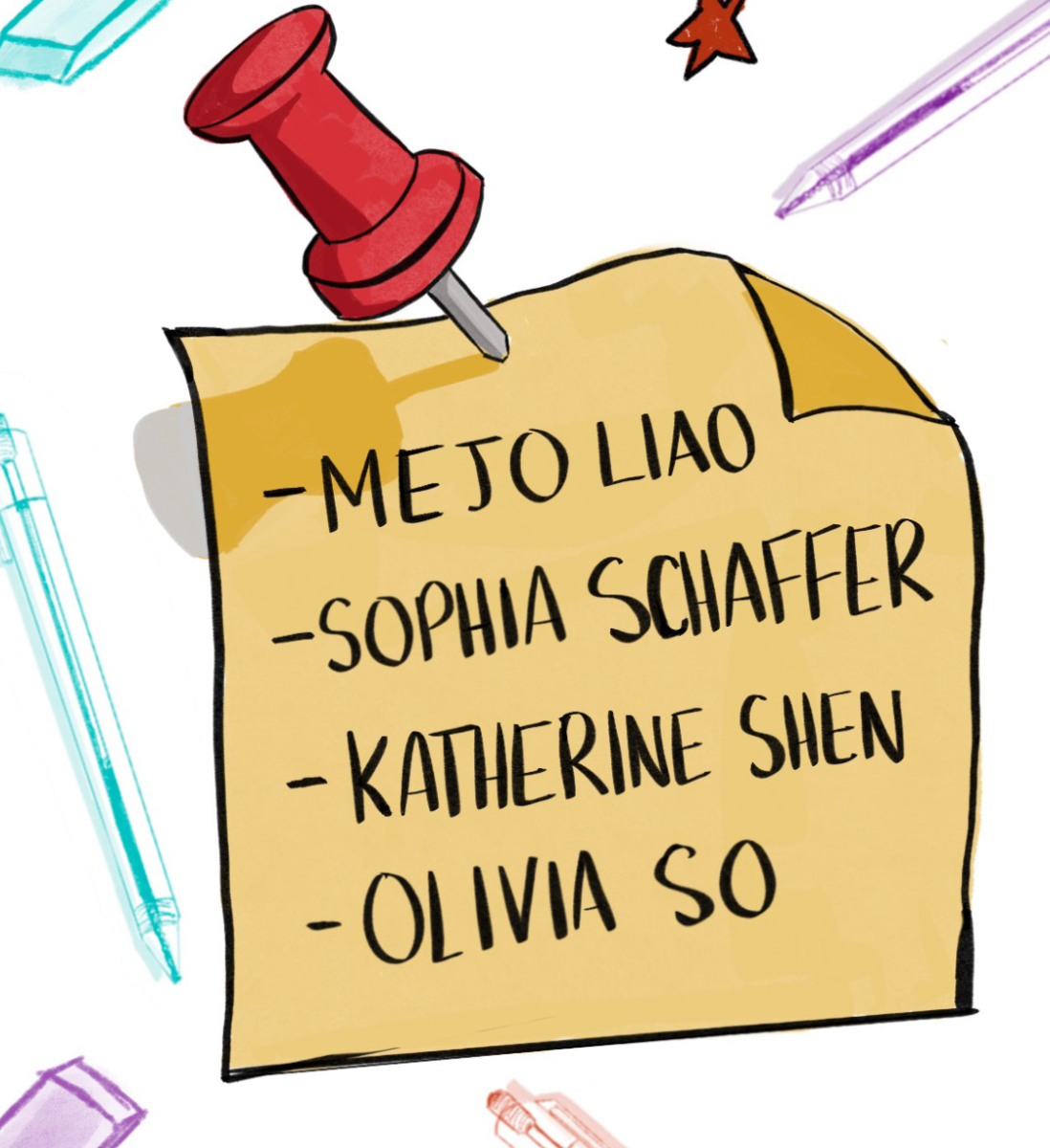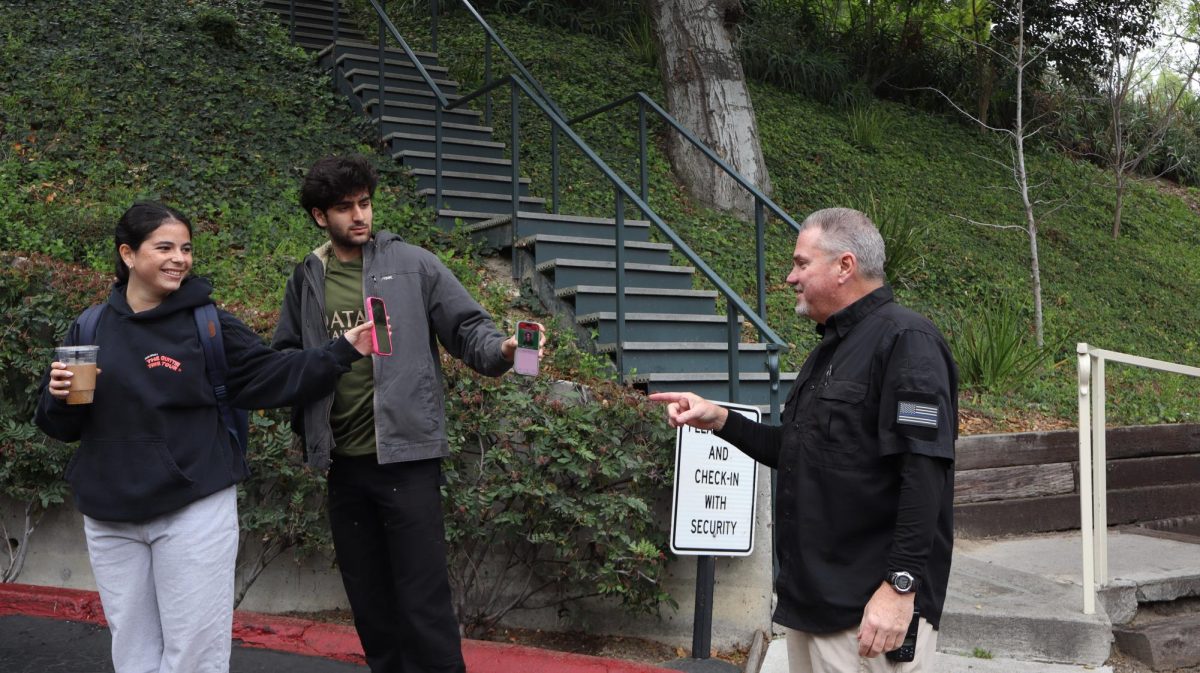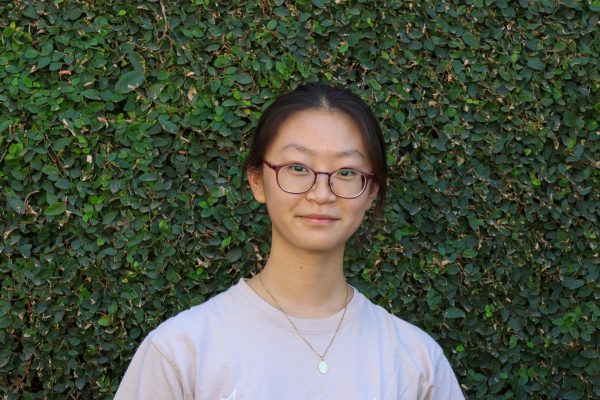Sophia Schaffer ’25, Katherine Shen ’25, Olivia So ’25 and Presentations Managing Editor MeJo Liao ’25 were nominated for the U.S. Presidential Scholars Program, five students less than the Class of 2024.
The program was established in 1964 to recognize the nation’s top high school students in academics with scholars nominated after demonstrating excellence in standardized test scores. In addition to academics, the program also honors students in the arts and technical education, naming up to 161 students as Presidential Scholars. This year, all four seniors were nominated in the scholastic category.
Katherine Shen ’25 said she is appreciative of the acknowledgment, but finds the process of being selected as a winner unusual because of the numerous requirements one has to fulfill.
“It’s an honor to have received this nomination and I am grateful for the recognition,” Shen said. “It’s interesting that the initial round of nominations is only based on standardized testing. I would expect something like this to have more standards of comparison. It’s also interesting that nominees then need to go through a long application process to be considered for further rounds, including writing essays.”
Following the 2020 pandemic, many colleges resorted to test-optional policies. Upper School Dean Nia Kilgore said the drop in candidates from previous years may be due to a decrease in the number of students taking standardized tests.
“Any given year can yield different numbers of nominees,” Kilgore said. “In this test-optional era, each graduating class will vary in the final tally of students who took the SAT or ACT. The initial selection of Presidential Scholar nominees is based on results from those standardized tests as compared to other test-takers within each state. There may have been not as many members of the class of 2025 who took these tests.”
Executive Order 11155, issued by President Lyndon B. Johnson in 1964 regarding nominating students, states, “it is necessary in the national interest that the Federal Government encourage high attainment by students in secondary schools.” Sophia Schaffer ’25 said using high standardized test scores as the benchmark for nomination is strange, especially because it was never stated in the federal policy.
“As far as the stated purpose of the awards in the executive orders, rewarding high attainment with national recognition and, as such, hopefully encouraging it, is cool,” Schaffer said. “My problem is more with the standardized testing part, which isn’t mentioned anywhere in the original executive order. It’s ridiculous that they treat high SAT and ACT scores as a baseline for potential outstanding scholarship.”
Kilgore, who was once a reviewer of the program’s applications, said though academics is a big part of a candidate’s resume, the holistic profile of a student is what separates them from the rest.
“Those candidates were always some of the most academically stellar high school students in the country, were incredibly involved and were outstanding leaders,” Kilgore said. “With a deep applicant pool like that, readers wouldn’t weigh any particular aspect of the application over another. Every candidate offers something special and interesting, and it was our job to read through every detail of their application to get a fuller picture of that student’s character, strengths, role at their school, commitment to their community and other distinguishing traits. There is no one essay, activity, recommendation, transcript or resume that launches a student into an ‘accept’ pile in admissions or semi-finalist status with Presidential Scholars.”































